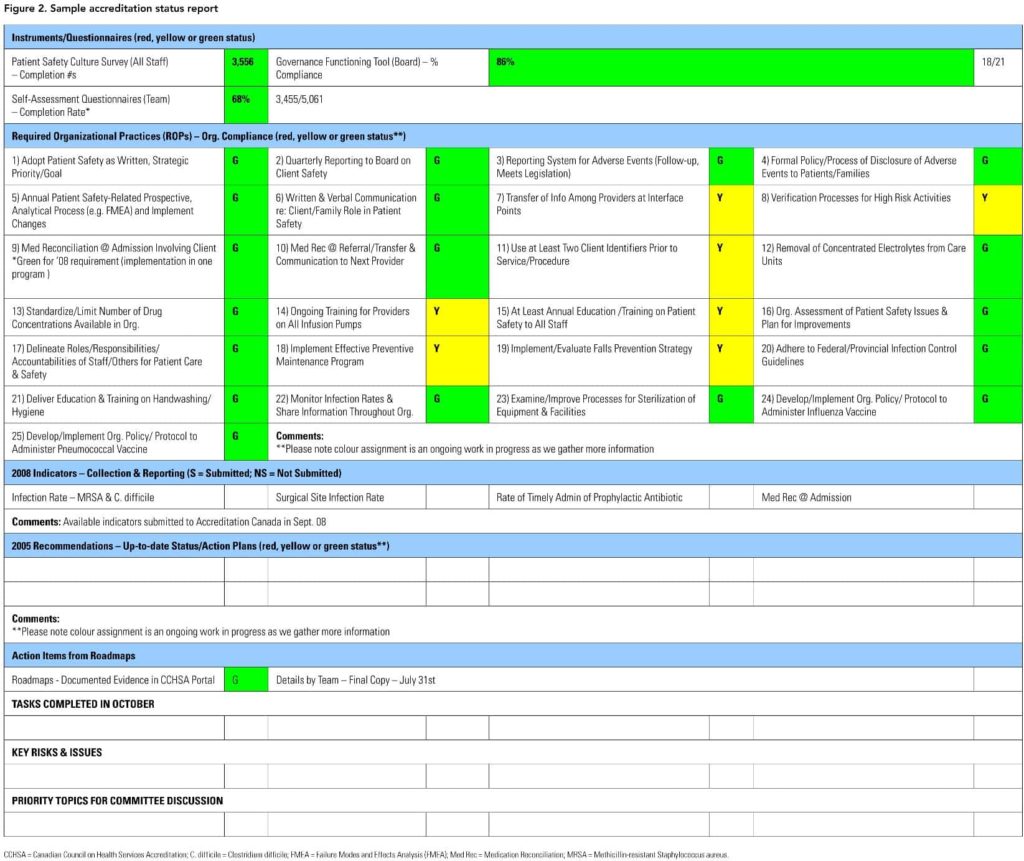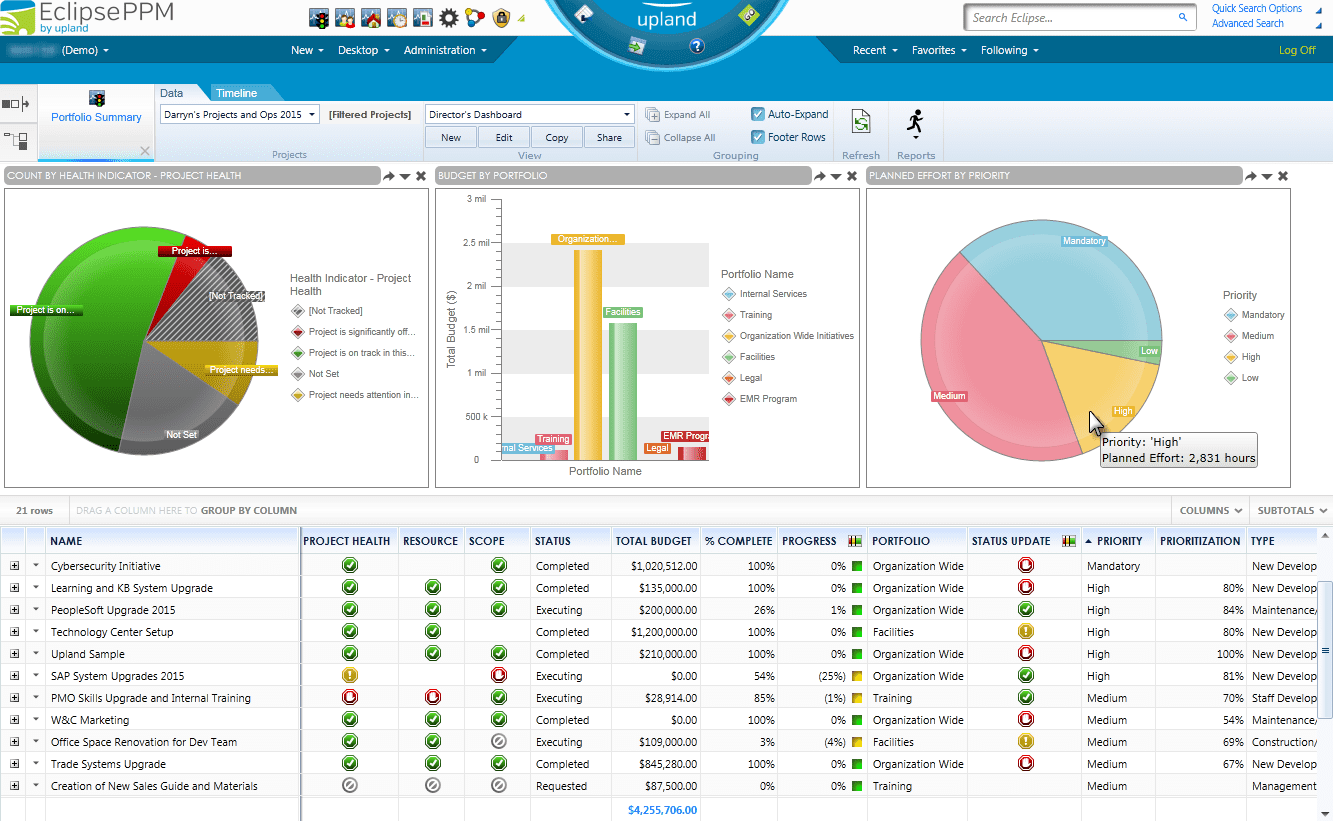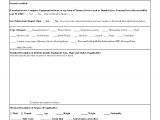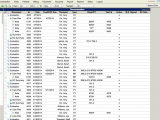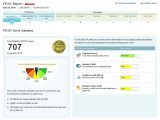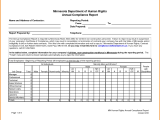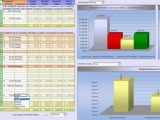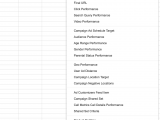Streamline Your Project Management with Reporting Templates
Improve the efficiency of your project management process by utilizing customizable reporting templates. Learn more about how these templates can save time and increase accuracy in your project reporting.
Project management reporting templates are a valuable tool for any team or organization looking to streamline their project management process. These templates provide a standardized format for reporting on project progress, allowing team members and stakeholders to quickly and easily understand the status of a project.
What are Project Management Reporting Templates?
Project management reporting templates are pre-designed documents that outline the key elements of a project report. These templates can be customized to suit the specific needs of a project or organization, and can include sections for project status, budget, risks, issues, and more.
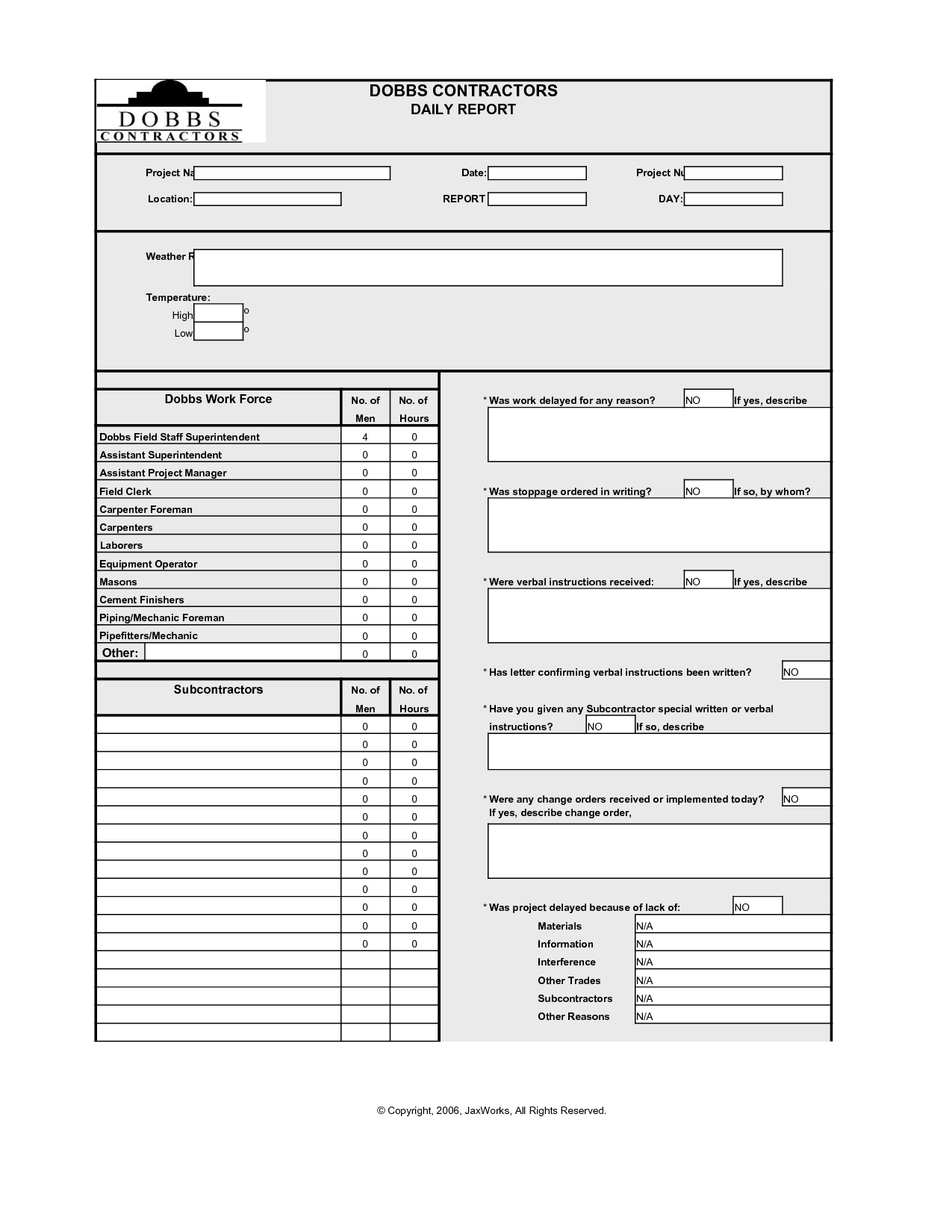
By utilizing these templates, project managers can save time and reduce the risk of errors when creating project reports. Instead of starting from scratch each time, they can simply fill in the relevant information in the appropriate sections of the template. This ensures that all project reports are consistent, clear, and easy to understand.
Types of Project Management Reporting Templates
There are many different types of project management reporting templates available, each designed to address different aspects of project management. Some of the most common types include:
- Project Status Report: This template provides an overview of the current status of a project, including progress made, tasks completed, and upcoming milestones.
- Budget Report: This template tracks project expenses and compares them to the budget to ensure that the project stays on track financially.
- Risk and Issue Report: This template identifies potential risks and issues that could impact the success of a project, and outlines strategies for mitigating them.
- Resource Allocation Report: This template helps project managers to allocate resources effectively, by tracking resource usage and availability.
Benefits of Using Project Management Reporting Templates
There are several key benefits to using project management reporting templates, including:
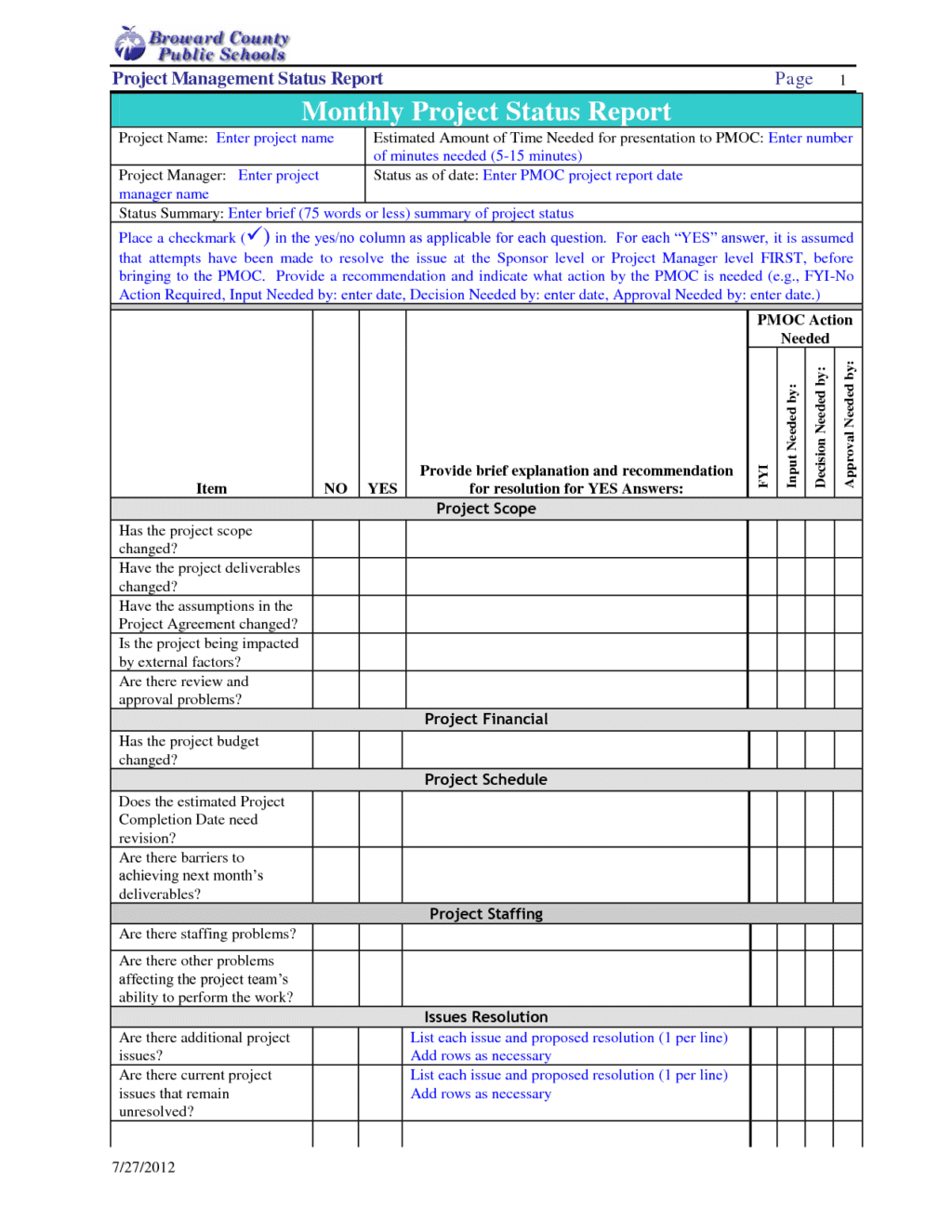
- Increased Efficiency: By utilizing pre-designed templates, project managers can save time and reduce the risk of errors when creating project reports.
- Standardization: Using standardized templates ensures that all project reports are consistent, clear, and easy to understand, regardless of who creates them.
- Improved Communication: Standardized reporting templates make it easier for team members and stakeholders to understand the status of a project, which can improve communication and collaboration.
- Increased Accuracy: By using templates, project managers can ensure that all necessary information is included in project reports, reducing the risk of important details being overlooked.
How to Choose the Right Project Management Reporting Templates?
When it comes to choosing the right project management reporting templates, there are several factors to consider. Some key considerations include:
- Project Scope: The type of reporting template you choose will depend on the scope of your project. For example, a large-scale project may require more detailed templates, while a smaller project may only need a basic project status report.
- Audience: Consider who the report will be presented to. Different stakeholders may require different information, so it’s important to choose a template that will provide the necessary details for each audience.
- Format: Reporting templates can come in various formats, including spreadsheets, Word documents, and online tools. Consider which format will work best for your team and project.
- Customization: Look for templates that are easily customizable. This will allow you to tailor the report to the specific needs of your project.
By considering these factors, you can choose the right reporting template for your project, which can help to streamline your project management process and improve communication with team members and stakeholders.
In conclusion, project management reporting templates are a valuable tool for any organization looking to improve their project management process. By utilizing these templates, project managers can save time, increase accuracy, and improve communication. When choosing a reporting template, consider factors such as project scope, audience, format, and customization to ensure that you choose the right template for your project. Incorporating reporting templates into your project management process can help ensure the success of your projects, no matter their size or complexity. So why not give it a try and see the difference it can make in your project management process?
